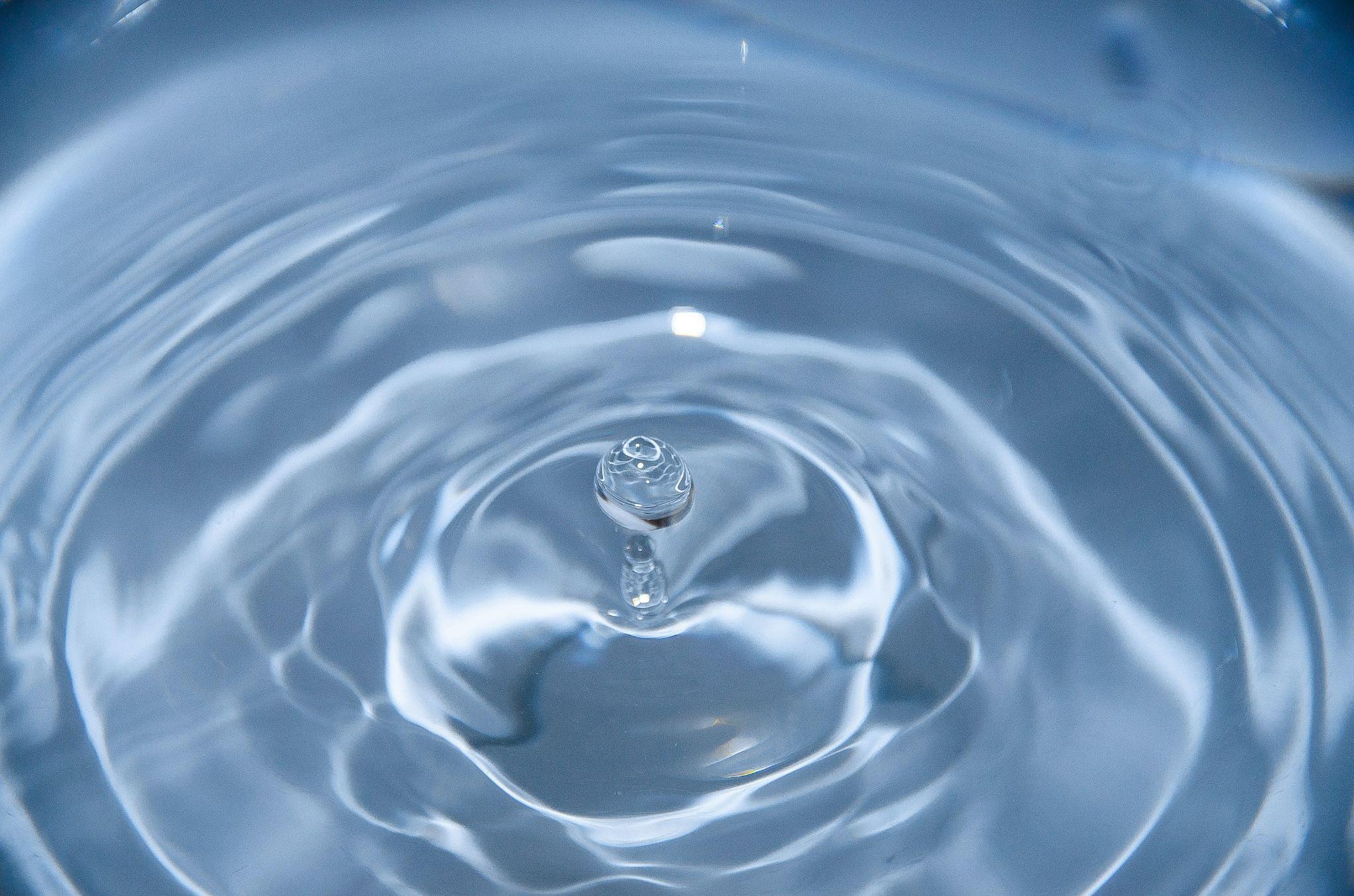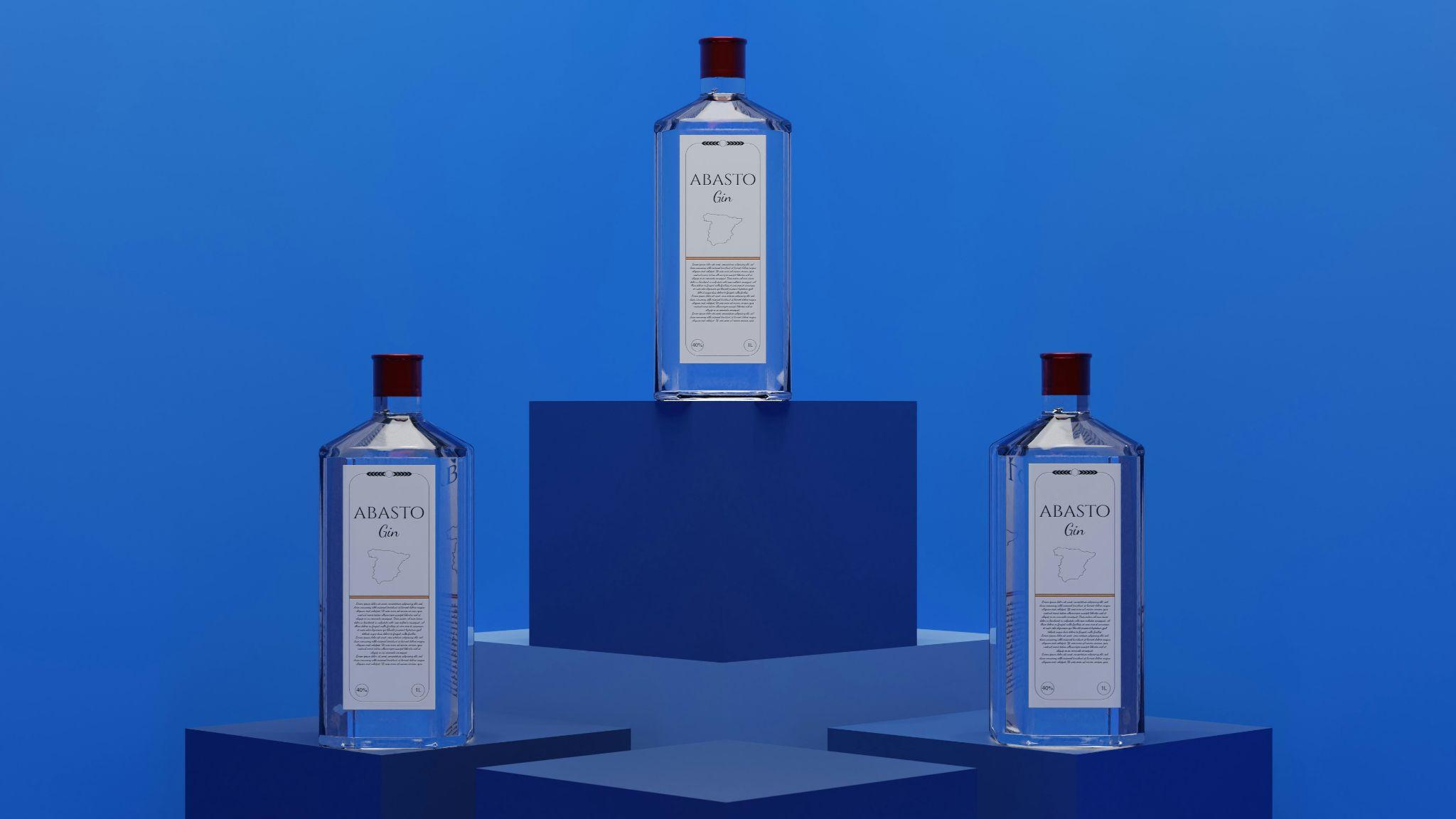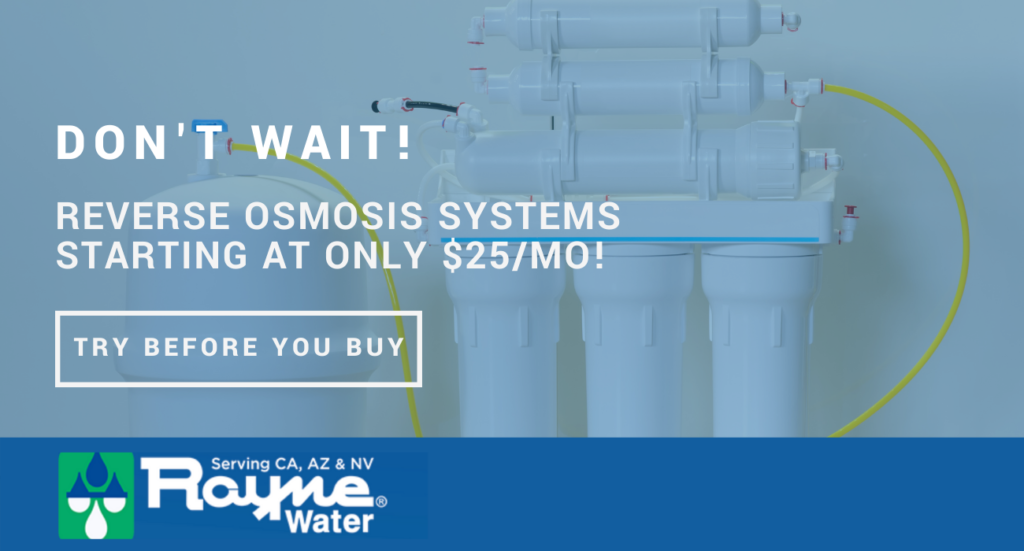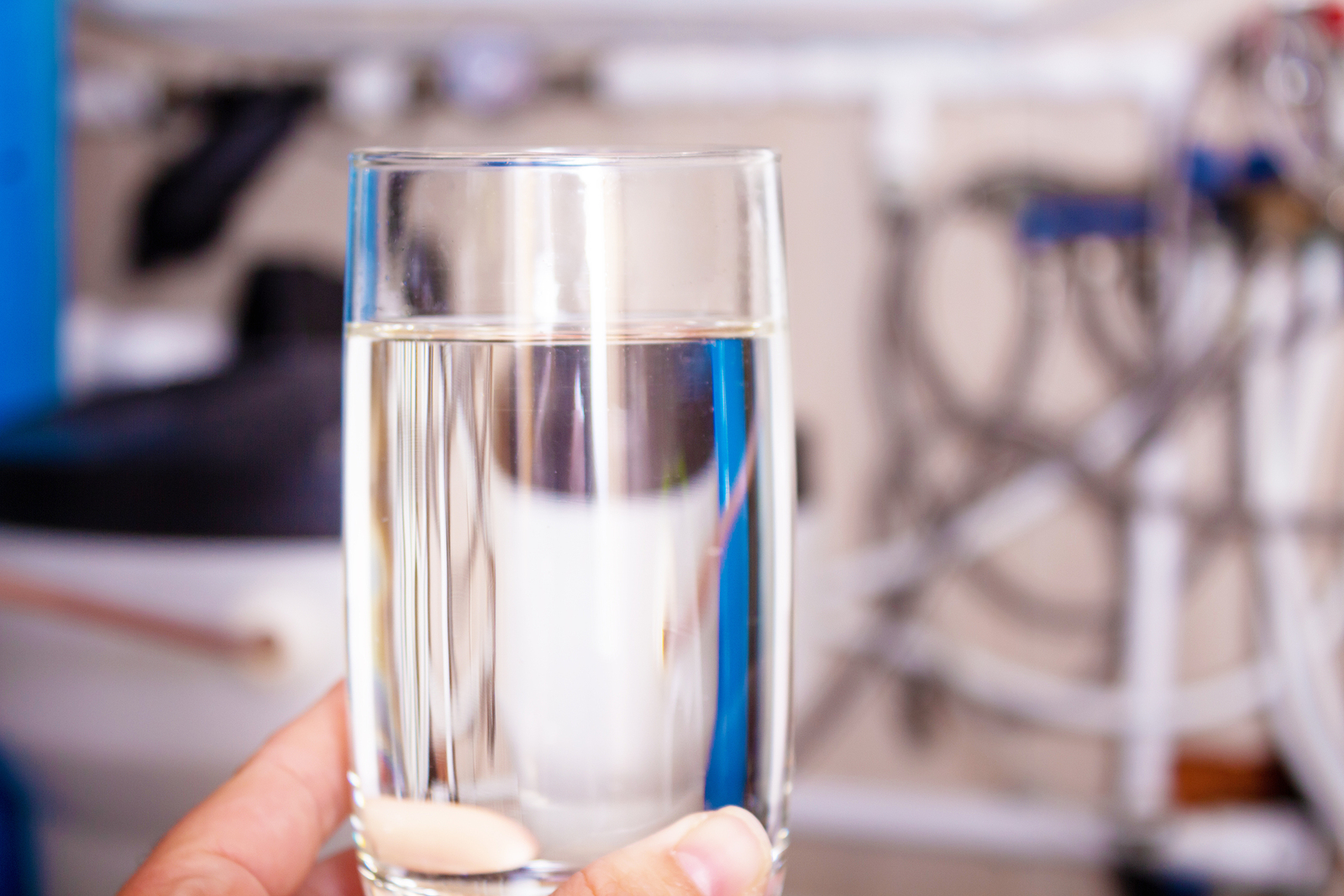Author: Ken Christopher | 17 min read | Jun 29, 2020

Is alkaline water good for you? That depends on what you’re looking for. Alkaline water filter systems are marketed for their health benefits, from hydration to acid reflux relief. But a reverse osmosis water system has a different job. It focuses on removing harmful substances, not changing pH.
If you’re comparing reverse osmosis vs alkaline water, know that these systems work in different ways. Many alkalizing water filter products make big promises, but not all claims are backed by science.
In this Rayne Water guide, you’ll see how alkaline water is made, what it can do, and which benefits hold up under scrutiny.

Alkaline water has a higher pH than regular drinking water, making it less acidic. The pH scale ranges from 0 to 14 and measures how acidic or basic a substance is, based on its hydrogen ion concentration.
Substances with a pH value of 0 are very acidic, while a pH of 14 is very alkaline. Lemon juice is fairly acidic with a pH of 2. Ammonia is moderately basic at around 11.
Pure water sits in the middle with a neutral pH of 7, and tap water is usually close to neutral, though it can vary depending on mineral content. Many water suppliers also adjust pH to protect their pipes.
The alkaline water you see on store shelves usually has a pH of 8 or 9. In some cases, water becomes alkaline naturally due to high levels of minerals like calcium, magnesium, and certain salts. This mineral content not only influences the pH but also affects the water’s taste and perceived benefits.
There are two main ways to get alkaline water:
An alkaline water filter system can increase the pH of your tap water and add minerals like calcium or magnesium. Some systems combine an alkalizing water filter with reverse osmosis for extra purification. This makes it easier to compare reverse osmosis vs alkaline water solutions for your home.
Alkaline water has been a preferred hydration choice for many people for years.
Claims about its health benefits date back over a century, with early proponents believing it could help with issues like liver congestion and digestive discomfort.
While the specifics of those early claims have faded, modern marketing still leans heavily on the idea that alkaline water supports hydration, detoxification, and overall wellness. These perceived benefits continue to drive its popularity today, even as scientific research remains ongoing.
Alkaline water is often sold as a wellness solution. Marketers claim it neutralizes acid in the body, balances dietary acidity, and aids digestion.
Some say it enhances hydration, leading to better absorption, higher energy, and fewer symptoms of acid reflux. Other claims include benefits like long-term bone health, weight loss, and protection against certain cancers.
One popular benefit is acid reflux relief. The idea is that alkaline water, with a higher pH, can counteract acidic foods and ease digestion. In a lab study, alkaline water at a pH of 8.8 deactivated pepsin, the main enzyme involved in acid reflux. However, evidence in humans is limited, and more research is needed to confirm this benefit outside the lab.
Many brands promote alkaline water for metabolism boosts, stronger bones, and even slowing aging or preventing disease. Some cite the theory that cancer thrives in acidic environments and suggest alkaline water provides protection. But current research does not support these claims.
A meta-analysis of alkaline diets found no scientific evidence that alkaline water can prevent or treat cancer.
Alkaline water is also said to help regulate pH levels. In reality, your body already manages internal pH well, mainly through the lungs and kidneys. Healthy people maintain a steady blood pH between 7.35 and 7.45, no matter what they eat or drink.
When you consume foods or beverages that are acidic or alkaline, your stomach acids and pancreas secretions work to keep things balanced. In other words, your body naturally neutralizes what you eat and drink to maintain a healthy internal environment.
While alkaline water may not deliver on all the promised health benefits immediately, it isn’t necessarily bad for you.
The alkalinity in the water you consume will be neutralized when it is consumed.
Natural alkaline water also contains beneficial minerals and salts that might help with any nutrient deficiency in your body. However, it is also important to remember that not all alkaline water contains minerals. Ionized alkaline water may not contain any minerals at all, depending on how it has been processed.
For most healthy individuals, drinking alkaline water poses little risk. However, there are a few considerations:
As we’ve mentioned, one potential risk with alkaline water is that it isn’t necessarily filtered.
This can pose a very real risk by exposing you to unwanted contaminants. So, before you purchase a bottle of alkaline water, be sure to check the mineral content and the manufacturer first. To avoid consuming potentially harmful contaminants, consider seeking out drinking water sources that have undergone filtration, such as reverse osmosis (RO) filtered water.
A great number of people wonder, is reverse osmosis water alkaline? It isn’t. To be safe, it’s important to consume water from a water filtration system.

| Feature | Reverse Osmosis (OS) | Alkaline Water |
| Contaminant Removal | Excellent (arsenic, lead, VOCs, microbes) | Varies, often minimal |
| pH Level | Neutral to slightly acidic (6.5—7.5) | Alkaline (8-9 or higher) |
| Mineral Content | Low (minerals are removed) | Can be high, low, or none |
| Health Claims | Proven contaminant removal | Claims: hydration, acid balance, digestion (evidence mixed) |
| Filter System Cost | Moderate upfront, low ongoing | Higher if bottled, moderate if home filter |
| Environmental Impact | Low (especially with reusable bottles) | High if bottled; low if using an alkalizing water filter at home |
| Typical Use | Whole-house or under-sink, safe for all | Bottled, countertop, or tap filters |
| Best For | Maximum safety, contaminant removal | Those who want a higher pH or mineralized taste. |
If you’re concerned about the health impact of the water you drink, there are other great options available. The best option is to filter your own water with a reverse osmosis filtration system.
Reverse osmosis works by forcing water through a semipermeable barrier with tiny pores.
These pores let water molecules pass, while blocking larger contaminants. RO water treatment systems consistently provide clean, filtered drinking water, and they remain affordable for homes and businesses.
Here are a few of the core benefits of an RO system when compared to alkaline or other bottled water:
Filtering your own water with an RO system can dramatically lower your spending on drinking water. Bottled water costs anywhere from 200 to 10,000 times more than tap water, and is often just filtered tap water. Alkaline water is sold at an even higher premium because of its supposed health benefits.
With an RO system, you filter out contaminants at home, making your tap water taste great for a fraction of the price. Although RO systems require an upfront investment, their ongoing expenses are low. This makes it easy to enjoy gallons of fresh, filtered water without the recurring costs.
Alkaline water is typically sold in plastic bottles, which leads to massive amounts of waste entering the environment every year. One of the most effective ways to reduce the environmental impact of your drinking water is to filter your own tap water at home and use reusable bottles when you leave the house.
If you want consistently fewer contaminants in your drinking water, there’s no better option than a reverse osmosis filtration system in your home.
RO systems are excellent for removing a wide range of contaminants from drinking water, including microbes such as protozoa, viruses, bacteria, as well as contaminants like arsenic, sulfates, nitrates, and other chemical contaminants.
Alongside these unwanted substances, RO systems typically include activated carbon pre- and post- filters, which remove disinfectants like chlorine in water and other substances or chemicals that alter the taste of your drinking water.
San Diego tap water contains disinfection byproducts like bromate and chlorite, which can also be removed using a home water filtration system.
Some reverse osmosis systems can be upgraded with an alkalizing water filter. This optional add-on lets you reintroduce healthy minerals after filtration, giving you a customizable balance of purity, taste, and alkalinity.
If you’re comparing reverse osmosis vs alkaline water, this hybrid approach delivers the best of both worlds for eco-conscious, cost-focused, or health-minded users.
In summary, using a home alkaline water filter system or pairing an RO filter with an alkalizing water filter lets you control quality, reduce cost, and avoid the waste and premium price of bottled alkaline water.

An alkaline water filter system offers pure convenience. Just turn on the tap, and you have water that tastes crisp and smooth. Some say it even has a slight sweetness, thanks to minerals like calcium and magnesium.
These minerals add more than flavor. They help support your daily intake. With an alkalizing water filter, ordinary tap water becomes something you actually want to drink. Most countertop units take up very little space and require almost no installation.
There’s no need to schedule bottle deliveries or fuss with refills. If you’re interested in water that feels refreshing and want to upgrade your hydration routine, this filter system makes it easy to start.

Even the best alkaline water filter system comes with some trade-offs.
Many models raise pH and add minerals, but do not filter out all harmful contaminants. If your tap water carries lead, pesticides, or industrial byproducts, these filters may not be enough.
The health benefits of alkaline water are not proven, despite bold marketing claims. Some alkalizing water filter brands charge high prices for features that add little value to filtration quality.
When you look at reverse osmosis vs alkaline water systems, RO often wins for deeper contaminant removal. Think about your own priorities before investing in a new filter. Sometimes a basic carbon filter is all you need. Other times, only complete purification feels right.

Alkaline water is often promoted for health benefits, but more research is needed to confirm its long-term effects. Bottled alkaline water can be expensive, produce waste, and may contain contaminants since it’s not always purified.
If you want safer, more affordable drinking water, consider a reverse osmosis (RO) filtration system at home. RO systems remove contaminants and provide clean, filtered water for daily use, offering better value and less waste than bottled options.
If you enjoy alkaline water, you can add an alkalizing filter after RO to restore minerals and improve taste, combining safety and personal preference. For more details on setting up RO or alkaline filtration, reach out to Rayne Water.
1. What’s the main difference between an alkaline water filter system and reverse osmosis?
An alkaline water filter system raises the pH of your water, often by adding minerals like calcium and magnesium. In contrast, reverse osmosis removes a wide range of contaminants through multi-stage filtration but produces water that is typically neutral or slightly acidic.
If you’re weighing the benefits of reverse osmosis vs alkaline water, know that RO offers more comprehensive contaminant removal, while alkaline filters focus on pH and taste.
2. Can I use an alkalizing water filter with my existing reverse osmosis system?
Yes, you can pair an alkalizing water filter with a reverse osmosis system.
This setup lets you enjoy clean, purified water from your RO system while reintroducing beneficial minerals and boosting pH at the final stage. Many homeowners choose this hybrid approach to get the advantages of both reverse osmosis and alkaline water in one solution.
3. Does an alkaline water filter system remove harmful contaminants?
Most alkaline water filter systems are designed to adjust pH and add minerals, but they may not effectively remove harmful contaminants like lead, pesticides, or industrial chemicals. For maximum safety, many people opt for a reverse osmosis system followed by an alkalizing water filter. This approach delivers clean, great-tasting water every time.
4. Is there any real health benefit to using an alkaline water filter system at home?
Scientific evidence on the health benefits of alkaline water is still limited. While some people enjoy the taste and claim it helps with hydration or digestion, the main advantage of an alkalizing water filter is improved flavor and mineral content. For reliable contaminant removal, reverse osmosis remains the gold standard.
5. What should I look for when choosing between reverse osmosis vs alkaline water systems?
Think about your water quality needs. If your priority is removing as many contaminants as possible, a reverse osmosis system is the best choice. If you want to boost pH and enhance taste, an alkaline water filter system or an alkalizing water filter add-on may suit you. For those who want both, consider combining the two for the cleanest, most refreshing drinking water.
